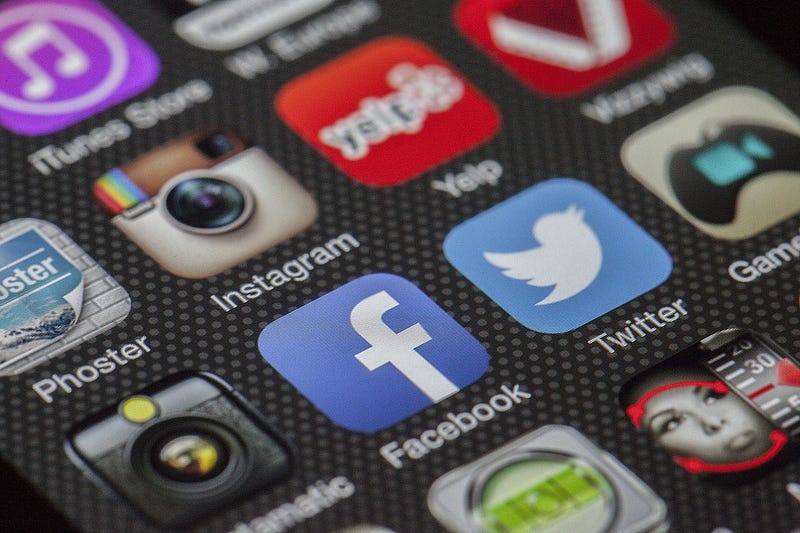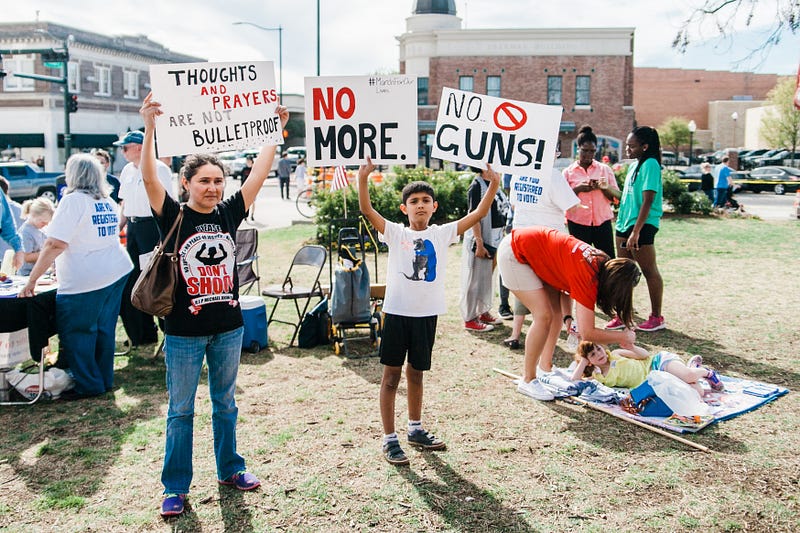The pros and cons of modern day social media society and your happiness
It is World Mental Health Day, so a time to talk honestly about mental health.
Well, no, that’s wrong, because every day is a time to talk honestly about mental health.
1 in 4 British adults are diagnosed with a psychiatric disorder at some point in their life. That’s a quarter of the people that you know and communicate with.
Constant communication

One of the biggest forms of communication in society today is Social Media. With “friends”, “followers” and “contacts” running into the hundreds and thousands, it plays a huge part in our lives and our mental health, both positive and negative.
The comic strip and phrase “Keeping up with the Joneses” began in the 1920s. The concept of the grass being greener and watching the neighbours to see if our life is as good as theirs is a tale as old as time (everyone wanted to be Gaston because his life was so much better, when in reality he was rejected and alone). Social media has just given us a new way to do it on a far larger scale — it is no longer just the Jones family next door, but the 356 people who you have once met, or know through a friend, or you follow because they once wore that red hat that you really liked. All these people sharing their lives for us to see.
Constant comparisons
The problem then comes from comparing our own lives, to the ones we perceive other people as having.
Studies have shown that the higher the Facebook activity of a person, the more likely they are to have lower mental health in future.
It isn’t just seeing other people’s lives that are damaging though. With the desire to be seen as having an idyllic life, we can end up missing out on our real moments by being too focused on #makingmemories. The day at the beach taking a break, turns into a series of photo shoots, and we forget to enjoy the moment, taking away the most basic enjoyment of life and its simplicity.
The fear of missing out
FOMO is another big problem for mental health with social media. Seeing people at parties that you aren’t at, hearing about events you weren’t included in… The Fear of Missing Out becomes a problem, and you either experience perceived social isolation as “everyone” is doing what you are not, or you exhaust yourself trying to be a part of everything. It can even affect our sleep, as checking up on social media just before sleeping can disrupt sleep patterns and place us in a negative mental state before dozing off. Poor sleep is a large factor in stress and depression.

Most terrifyingly is that social media is literally killing us. More people died in 2015 of selfies than of shark attacks!
Trying to get the perfect selfie to prove your life is what you want people to think it is, to show that you are brave, to prove that something happened, can kill you. Falling off buildings or mountains is the highest cause of selfie deaths… just enjoy the view instead.
But I am not telling you to go out and delete all your social media, although a third of Generation Z, who have grown up on social media are taking that option.
On the up side
There are positive effects on our mental health from social media.
Support groups and communities found online give contacts and relationships that were previously unavailable. Whatever your interest or condition, there are like-minded people in a group who can understand your thoughts and feelings.
Families, which have grown increasingly separated in modern society, now communicate far more easily, and can maintain an active role in the family life, regardless of time pressures or location. Gran may not be living in the house with you anymore, but she can see what you’re up to on social media, and tell you when you really should be wearing a coat with that outfit before you catch a cold.
Students who feel isolated at new universities can join groups and make friends with people in their new homes, who they may not have met through just their course.
Young people are motivated to take action about their lives. Protests over gun violence in schools gathered force as more discussed it on social media. Campaigns such as #metoo are allowing victims of abuse to find much needed support. The realisation of not being alone and knowing that there are people who think as you do, who have experienced what you have, can have profound positive impacts on mental health.

Signs which could show you are being adversely affected by social media:
- Low self-esteem
- Feeling low when you see other people’s images and lifestyle
- Envy of other people lives — wishing your life was like someone else’s
- Finding social media as your first and only choice of activity done for enjoyment
- Not having as many face to face conversations with your relatives and friends and feeling disconnected
- Being unable to do anything without feeling you need to share it online
Tips to help:
- Reduce social media time — you don’t have to delete all your accounts, but if you have specific limited time slots to spend on them it can minimise any negative feelings and allow you to enjoy your real life
- Remove people — if there are people who, when you see them online, make you feel negatively, remove them. You can just “unfollow” if you don’t want to hurt them by unfriending. Repeatedly exposing yourself to things you know make you feel bad when you don’t have to seems silly
- Look for truth — uplifting true things that aren’t a staged #makingmemories opportunity. Peer support groups and communities are often good for this, as they tend to share the little things that make things brighter feeling confident that like-minded people will not dismiss it as irrelevant
Most of all though, enjoy the life you are living. Experience things to make memories rather than creating memories for others to experience.
If you are affected by low mood or other mental health issues, talk. At DocHQwe want you to be able to live the best life that you can.
Further topics that may interest you: 6 signs of poor mental health, keeping focused, thinking strategies, self compassion.
DocHQ Ltd is a Health Tech company improving choices. We help you connect efficiently to health support and advice whether you are at home, work or travelling. See our website for our services or call us on 0330 088 0645.



